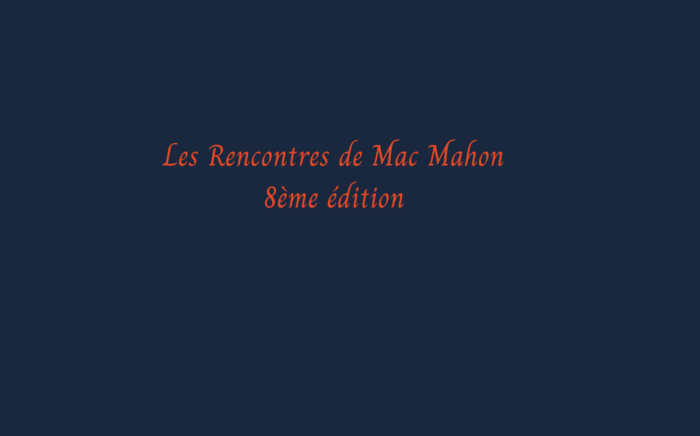 All jobs are going through a deep transformation under the influence of the digital revolution and the use of the social networks. It is obvious that recruitment is directly touched by this revolution. Companies recruit directly from social networks with more or less success. Firms have long integrated social networks into their tools, which facilitates the identification of candidates and allows to quickly complete the classic work of head-hunters.
All jobs are going through a deep transformation under the influence of the digital revolution and the use of the social networks. It is obvious that recruitment is directly touched by this revolution. Companies recruit directly from social networks with more or less success. Firms have long integrated social networks into their tools, which facilitates the identification of candidates and allows to quickly complete the classic work of head-hunters.
These tools have a real contribution and have transformed our processes by moving the stakes in the recruitment. In a way, they helped improve the quality of the firms approaches by challenging and forcing them to better put forward their core business. Indeed, the work of selection and evaluation of firms has become more and more requiring, the identifications aim to be more and more exhaustive and the decision support of the candidates and the customers has become crucial.
However, several points certainly are to be avoided in order not to stay in the illusion of a fast, otherwise immediate result. After few years of observation of the use of the social networks within a business, we notice contrasted and reserved results.
In fact we observe a double illusion.
The first level of the dream is the confusion of the completeness of a recruitment process at its very first stage, which is to detect the candidate who would correspond to the profile. The user of the social network views on his screen the international CIO in the automotive based in the United States, the Managing director in the financial computing specialist of by-products, the Financial director specialist of the food-processing industry, the Data scientist expert of insurance and his quite natural reflex is to say to itself Great I clicked, Great I found! We are in this case in the perfect illusion, and the power of the network amplified by the marketing of the candidates leads to forget the basic rules of recruitment.
At this level of selection, all the work remains obviously to be done and is even more important because the volume of the data to be handled corresponding to the criteria of the research is very consequent and global. Thus many internal recruitment units are now under pressure of the operational who does not include the processing time of applications while from their Smartphone they visualize immediately the ideal candidate on their favorite social network. This paradox is striking and generates important hidden costs for the company and many frustrations for the collaborators as well as for the approached candidates who do not better understand the extension of the research deadlines in the digital age!
The second level of illusion is to forget about the selection or to do a superficial one. The immediacy of news and the importance of the number of potential candidates offer an approximate and purely mechanical result. The selected criteria are not more objective than those of a recruiter. Quite the opposite, they result from the sorting of information often “adorned” by the candidates who applied themselves. We moreover noticed these last years an outbreak of the titles of directors in the same companies. This immediate and superficial result requires an additional work to check the information, which additional cost would be interesting to estimate.
Finally, any organization has limited means and the result of these fast requests will at the end only allow to meet some people among the successful applicants. Then, how to make sure that the company will have been really able to meet the best candidates and those who really correspond to its values and ambitions?
We observe at ARROWMAN that this big illusion joins the one who denies the research work and the advantage of an intermediary, a job expert, undertaken to lead a research from the detection of the talents to the good conclusion of the mission by respecting in a balanced way the interests of the customers as well as those of the candidates. The social networks are not questionable by themselves, because they are a good tool, but they are only a tool which allows to increase the impact of the approaches. Their approximate use combined with the illusion of saving time and money is only depreciating internal resources and the candidates themselves. Big Data will maybe find its own limits in the recruitment and human resources which will continue to favor meetings, exchanges, quality of the evaluation, reality of good work, respect and confidence in the most successful companies in every way.
Jean-Pierre Scandella, CEO of ARROWMAN Executive Search





